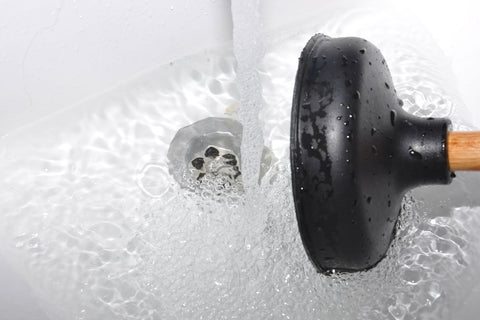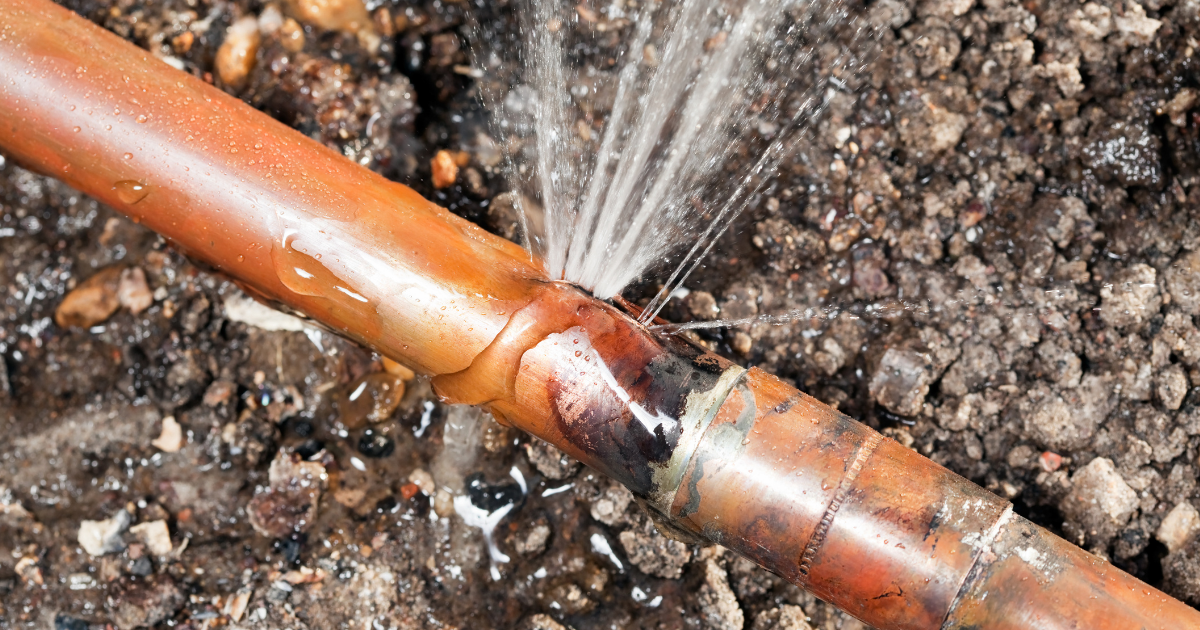What're your opinions on Prevent Freezing and Bursting Pipes?

All house owners who live in pleasant climates have to do their finest to winterize their pipelines. It is something you need to do during fall before deep winter genuinely begins. Failing to do so can spell catastrophe like frozen, cracked, or burst pipelines. Right here are some convenient winterizing hacks to keep your plumbing system protected even if the weather condition outside is shocking.
Try a Hair Clothes Dryer or Heat Weapon
When your pipelines are practically freezing, your reliable hair clothes dryer or heat weapon is a godsend. If the warm towels do not aid displace any type of resolving ice in your pipes, bowling hot air directly into them may aid. However, do not utilize various other things that produce direct fires like a strike lantern. This can lead to a larger calamity that you can not regulate. You may end up damaging your pipes while trying to melt the ice. As well as in the future, you might also wind up shedding your residence. So be cautious!
Open Cupboard Doors Hiding Plumbing
When it's cool outside, it would certainly be valuable to open cupboard doors that are camouflaging your pipes. Doing this small trick can keep your pipes warm as well as limit the potentially dangerous end results of freezing temperature levels.
Take Some Time to Wrap Exposed Pipes
One nifty and also simple hack to heat up icy pipes is to cover them with warm towels. You can cover them first with towels. After safeguarding them in place, you can put boiling water on the towels. Do it slowly to let the towels soak up the liquid. You can additionally utilize pre-soaked towels in hot water, just don't forget to put on protective handwear covers to secure your hands from the heat.
Switch on the Faucets
When the temperature level decreases and also it seems as if the freezing temperature level will last, it will certainly help to activate your water both indoors as well as outdoors. This will keep the water moving through your plumbing systems. Furthermore, the movement will reduce the freezing process. Especially, there's no need to turn it on full force. You'll end up squandering gallons of water in this manner. Instead, aim for regarding 5 declines per minute.
Shut down Water When Pipelines are Frozen
Shut off the primary water shutoff instantly if you observe that your pipelines are entirely frozen or almost nearing that phase. You will normally locate this in your cellar or laundry room near the heater or the front wall closest to the street. Turn it off as soon as possible to stop more damage.
With even more water, more ice will load up, which will at some point lead to rupture pipes. If you are unsure concerning the state of your pipelines this winter season, it is best to call a professional plumber for an inspection.
All home owners that live in temperate climates need to do their finest to winterize their pipes. Failing to do so can mean disaster like icy, split, or burst pipelines. If the warm towels do not help displace any type of working out ice in your pipelines, bowling warm air directly right into them may aid. Transform off the main water shutoff instantly if you notice that your pipelines are totally icy or nearly nearing that stage. With even more water, more ice will certainly stack up, which will ultimately lead to rupture pipelines.
PREVENT YOUR PIPES FROM FREEZING THIS WINTER
A Leading Cause of Property Damage
When the weather is taking a deep nose dive into the cold dreary days, the risk of your pipes freezing and potentially bursting skyrockets. Unfortunately, during these cold dreary months, burst pipes are the most common denominator for property damage. The pipes that are most at the risk are those that are in areas where it is most cold in your home. For instance, pipes located in interior places such as basements, attics, and your garage. Unfortunately, that doesn’t mean that the pipes running through your cabinets or exterior walls can’t freeze. Good news, however, is that you can do things to help prevent pipes from freezing.
How to Prevent Pipes From Freezing
Once the temperature starts to drop during the winter, you should be taking the proper measures needed to ensure that your pipes stay warm and that there is circulation of water through them. Some steps that experts may recommend could go against your better judgement when it comes to saving water and heat. However, it would go without saying that when expenses are compared, damaged pipes could put a bigger dent in your wallet than a water bill.
What Can I Do?
Keep your garage door closed. This is very important, especially if you have water supply lines running through your garage. Open your kitchen and bathroom cabinets to allow warm air to circulate through them. Allow air circulation throughout your home. Keeping the interior doors open will once again allow the warm air to circulate inside your home. Ensure your thermostat is running the same temperature throughout the night and day. If you plan to be away from home during the cold months, set your temperature no lower than 55° F. This should provide enough heat to keep the pipes warm and prevent any remaining water inside the pipes from freezing. For more of a long-term solution, add insulation to attics, basement, and other crawl spaces around your home. By allowing your faucet to drip, it will alleviate pressure in the system. This is important because the pressure that is created between the blockage and the faucet can potentially cause the pipes to burst. Allowing the faucet to drip will prevent the pressure from building up, therefore keeping the pipes from bursting. Seal any cracks, openings, and crawl spaces around your home to prevent cold air from coming inside. This keeps your pipes-not to mention your home-warmer and less susceptible to issues caused by freezing temperatures. For the pipes in your home that are easily accessible, applying electrical tape to them might prevent them from freezing over. This is a quick fix, as you can apply the tape directly to the pipe. There are two options for heating tapes. One turns on and off by itself when it senses heat is needed. The other type of heating tape needs to be applied when heat is needed and removed when not necessary. If you have exposed pipes in your home, you can check this website to take a look at a few options that would be available at a shop near you.

Do you appreciate reading up on How to stop pipes from freezing during the winter? Make a review down the page. We'd be delighted to know your responses about this post. In hopes that you come back again soon. Are you aware of somebody else who is involved in Prevent Freezing and Bursting Pipes? Do not hesitate to promote it. Thanks for going through it.
Call Today